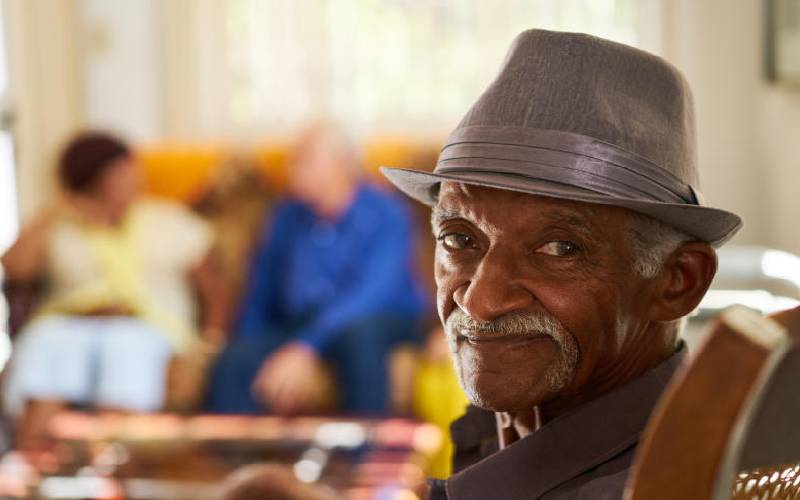×
The Standard e-Paper
Kenya’s Boldest Voice

The World Day of Social Justice was celebrated last Saturday. The theme for this year’s celebration was ‘A call for social justice in the digital economy’. The theme was informed by the Covid-19 pandemic.